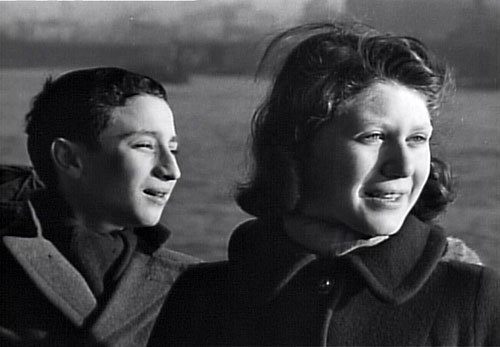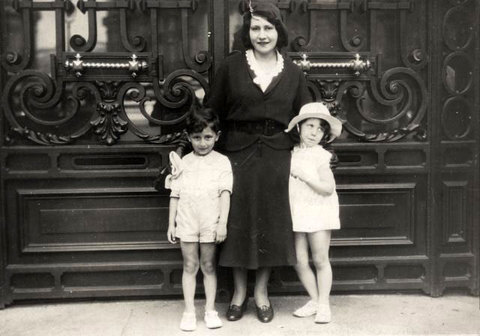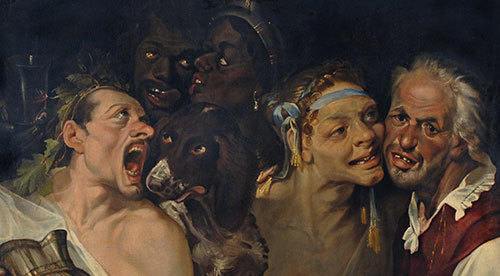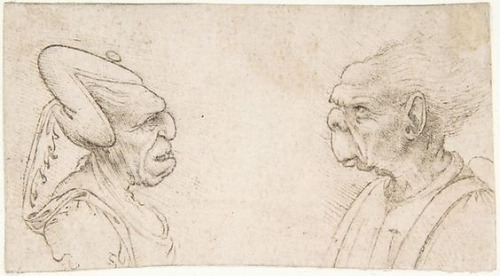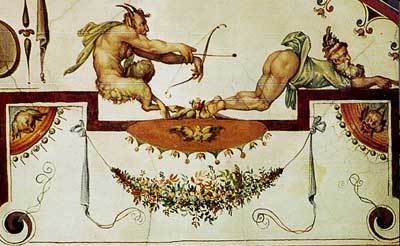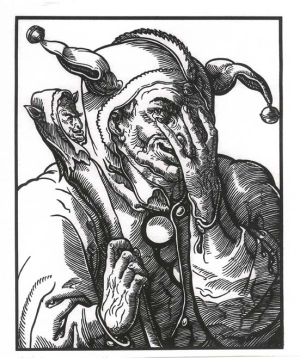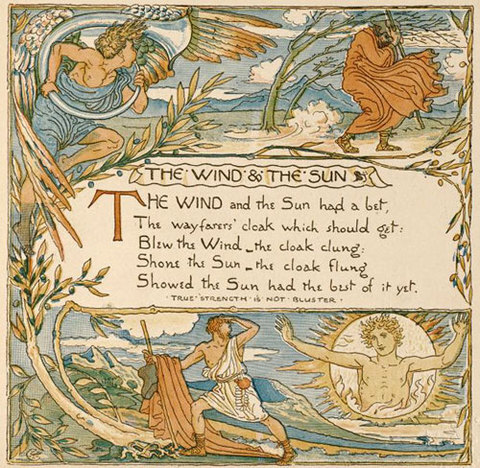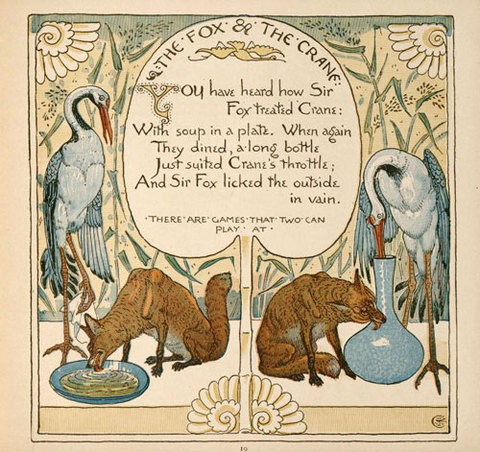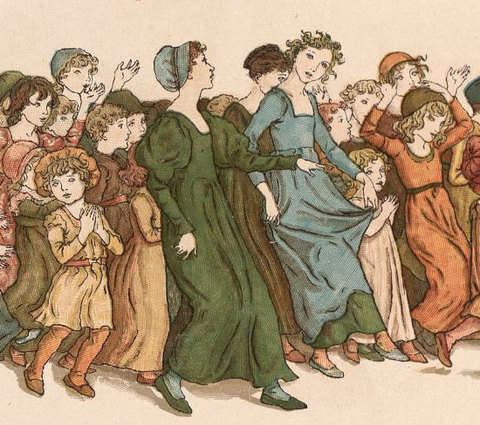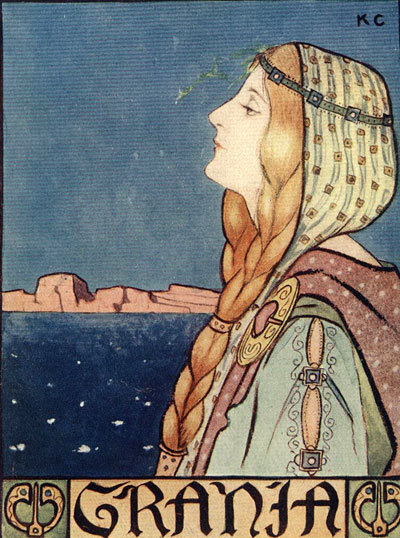Midori Snyder's Blog, page 7
February 8, 2023
Mythic Moments: The Arrival of the SS Excambion at New York Harbor, January, 1941
This is an older post, but one that I love to revisit as a way to memorialize my father Emile's life and the journey he took to arrive in the United States, a Jewish teenager fleeing Nazi occupied France. In this time of trial in our nation where politicians seek to use their positions to engage in mutual venial squabbling and punishing of "enemies" in congress and the administration, I return instead to the purity of the moment my father found true freedom at last in the US.
But I am also delighted to write that I discovered an interesting website called Critical Past -- which captured random film from historical events. In my case, Critical past had a film of my father turning around and smiling. I started crying instantly. I know that this was the moment his life would change, from his past life as a dancer in the Paris Ballet opera house to something quite different and new. He would become an important professor of African Languages and Literature. He would publish volumes of poetry in French and English, and he would marry twice, and travel to Africa,13 countries along the coast, and he would meet with many emerging African writers and be an influential force through the journal Pr��sence Africaine.
Can you imagine the most mythical moment of your childhood? That moment when everything changes and you know that going forward you will be profoundly different, that your life as you once knew it would be over. My father Emile was born in Paris -- his father an American ex-patriot and his mother a beautiful young Jewish woman -- anxious to leave her working class origins behind her. They lived in a fashionable area of Paris, and my father and his sister Rosine studied ballet at the Paris Ballet Opera House. By the time he was a teenager, my father was on his way to becoming a principal dancer.
Then WWII happened and the Occupation of France in collaboration with the Vichy Government happened, and my father's life as a dancer was shattered. They were Jews and so no longer welcomed at the Opera House. For the last six months of his life in Paris not one friend would speak to him -- they would cross the street to avoid him for fear of his pariah status rubbing off on them. My father rose very early in the morning before curfew and slipped through streets unseen in order to be first in the bread lines.
My Grandfather had been out of the country on business when the Germans invaded and was unable to return to France. But he was able to provide the children with American passports through the embassy. My grandmother and the children traveled to Portugal where they were promised passage on a cargo ship, the SS Excambion that was carrying a number of dignitaries (Madame Curie's daughter on her way to try and convince the US to enter the war on behalf of the Jews, and Isaiah Berlin and his future wife) and many Jewish children traveling alone to relatives in the US.
The photo above is a still from a short film of the refugees arriving in NYC in January, 1941. Someone sent the link to the film to me knowing my father's history, and asked "See anyone you know?" In the opening shot two young teens turn to face the camera and there they are -- my father at about 15 and his sister about 14. Later in the film, there is a close up of the two of them leaning out to take in the sight of NYC and the Statue of Liberty. (If you click the link you see the whole short film.)
This moment was very important to my father and he spoke of it often, included it in his poetry. So how amazing is it that some 80 years later and 29 years after his death this film surfaces, and I can see him again as a young man leaning into the sun, into his future. Yeah, you know I cried when I saw it.
January 28, 2023
Emile, Madeleine, and Rosine 1930s
Here is a wonderful old photograph of my father, Emile, his mother Madeleine, and his sister Rosine (they were a mere 13 months or so apart in ages) in Paris in the early 1930s. I love my father's beautiful smiling face here.
Madeleine looks so elegant in her suit and that fabulous hat! She was quite a force of nature, charming and stubborn, generous and terribly opinionated in a way that could be quite shocking. She once told me she sequestered Rosine in the house when as a baby, Rosine had eczema on her cheeks. "Oh, zee 'orror, zee shame of it!" she explained. She was also known to deliver what the French call "a round trip ticket," a slap that went both ways across the cheeks if Emile or Rosine misbehaved at some public function. (It probably didn't happen too often -- but you know just the threat of it -- that glaring look, the hand in her lap quietly gesturing back and forth -- would have been enough to silence any naughtiness.)
But she was also indomitable -- the youngest of seven sisters, she fled France under Vichy (they were Jews) alone with her two children and came to the states to find her American husband. Years later after the divorce, (she never remarried) she settled in a tiny, tiny Los Angeles apartment (complete with a Murphy bed) and was a governess for Liz Taylor's children (taught them French), and later worked as a receptionist at a doctor's office. She worked into her 80s and saw a doctor only once after 1935, and that was after a minor stroke at 85. She lived well into her 90s, had her hair done regularly (ala Nancy Reagan -- whom Madeleine pronounced as "tr��s charmant." Politics just wasn't her thing!) and never, never, never lost her thick French accent, or her peculiar habit of transforming French into English with startling results. She once told me that she had made a "raped carrot" salad for a luncheon (her Frangelized version of the French "carrottes rapp��," meaning grated carrots). She walked almost five miles every day, and revealed to me that her good health was due to the fact that she was a "street walker."
I have more photos and hope to post them as time permits -- or better yet, when I am back in the warmth of the desert!
*P.S. thanks E.P. for sending these!
Basho's Reflection On Marriage: Akechi's Wife
Moon, come down and
come alone. I have to tell you all
about Akechi���s wife. -- Bash��
My husband and I will celebrate our 44th wedding anniversary this coming June. I think of all that passion at the beginning, rocking back and forth between joy and fear that it might suddenly prove ephemeral. But for those of us now long married, that tempest has been transformed into something more reliable. Rituals, that are ordinary, daily, subtle. So how beautiful and exquisite is this reflection by Bash��, the itinerant poet-monk of 17th century Japan, on the love between two people whose relationship is wide and deep -- quietly full of intimate gestures.
"So worn out, not even sure I was on the right road, I forgot myself awhile watching in weary amazement as his wife came and went, the two of them giving the impression of having long perfected some grave and complex dance known only to them, one of accord and the affection of two people moving hand-in-hand in the same direction, both possessed by desire while knowing themselves to be the source of that desire." Bash��, translated by Franz Wright.
Read the entire piece here at Poetry Foundation.
Art: Goyo Hashiguchi. 1920. "Woman in Blue"
December 24, 2022
Madeleine and Bohemian Paris
This has been such a fertile time looking toward the past. Daily, thanks to my cousin Earl (an amazing genealogist) another chapter in the narrative history of my family opens up. I should write a novel -- well maybe novels of my family. Here is a bit of news that Earl sent me this morning about Madeleine Brittman my paternal grandmother, born in Paris to Romanian Jewish immigrant parents:
Over the years, I tried to find Madeleine's birth in Paris in arrondissements 4, 8, 9, 10, & 11 on the right bank, and 5, 14, & 15 on the left bank, before I struck gold last week with 18. Montmartre - the 18th - is in furthest district due north in Paris, and includes Sacr�� Coeur Basilica....When your grandmother was born there in 1904, Montmartre was "the" hotbed of artistic activity; home to Picasso, Gris, Modigliani, the Nabis, and of course writers such as Apollinaire and Jarry, the Naturalists and the Symbolists. -- The 18th wasn't the traditional district for immigrants or provincials, unless they had Bohemian souls. --- It's fascinating to think about your Romanian great-grandparents were living there at that fervent time!
Indeed. My grandmother was one to take chances even when the habit later warred with her desire to be a model bourgeois matron. She had a tryst with a married man who lived near by and gave birth as a single mother to my father Emile. She was brave. I try to imagine her in that Bohemian world -- before she married my grandfather -- wanting to make something of her life that was very different from her six sisters, all who would remain in France within the close knit family while she ventured forth.
December 16, 2022
Remembrance of Things Past.
Proust may have had bouts of nostalgia remembering the taste of madeleines, but I woke today feeling nostalgic for my life in Africa, especially Tanzania. Out of the blue, and many years since I last heard it, I started singing the National Anthem of Tanzania. "Mungu Ibaraki Afrika"... There is much I miss about those years, so I was delighted to find this photo of me taken on a trip to Zanzibar, off the coast of Tanzania, in the mid-1960s. Zanzibar, in those years, produced almost all of the world's cloves. The entire island carried the pungent smell of cloves from the fields. And I loved that carved door, so huge and me so small.
December 6, 2022
The Once a Year Anguish of Taxes
Taxes bloody taxes...is there anything more aggravating than all those little bits and pieces of paper with sums on them having to be organized and counted and set in a list and pray that you won't be over paying or worse underpaying! I think we are done, I pray we are done, wrapping everything up....I have put everything into folders and into the file cabinet.
December 3, 2022
Insults: How Do I Detest Thee?
Admittedly these days, we hear so much name calling, but none of it is particularly appealing or original. There's no juice or fun in it. Instead, it's boring and predictable. I have always loved how Italians invent so many juicy and spicy ways to insult each other. It is considered a contest to see which aggrieved person can fling the most ludicrous insult and shut down the argument immediately. This is an older post -- but still helpful if one is fed up with the usual boring, woke insults we hear today. And after re-reading the list and laughing my head off, I will start reintroducing these insults into my usual vernacular, which has relied on "aw fuck" for too long.
Quite a few reviews of The Innamorati mentioned with some glee and the occasional admiration the insults hurled back and forth between characters in the novel. Many of them are historical, taken from various Renaissance story-telling traditions. Some belong to the Commedia dell'Arte, and some I invented simply because I found myself caught up in the spirit of colorful, scatological (so many ways to use shit), and wildly creative name-calling. The Commedia performances and the Renaissance tales were meant to elicit laughter -- and lots of it -- the cruder, the better. Even today, Italy has a vibrant culture of insulting, in word and gesture, and modern-day grandmothers can shame rebellious youth with a savage insult. So here is a list of some of them, mostly from research and some from my imagination that made it into the novel.
Pox-faced shiteater
Pezzo di merda (piece of shit)
Cazzone cafone (peasant dickhead)
Piece of Spanish shit!
Italian sop
Paella-breath
Pasta-head
Crab louse, get off my tits
Pus-plague sore
Fuck off, you shitty bed-pissing hangman's knot
You slimy snot-nosed, prickless son of a bitch
Old nun's fart
Testa di merda (shit head)
Tool of another's lust
Drawbridge mouth that's always open
Stinking sardine
Bowel builder
Graveyard asparagus
Jabbering dildo
Plague-louse
Pig's spit
Pile of rotten straw
Brothel-bred northern-shithead
Syphilitic southern trash sired by a hundred fathers
Spawn of a jackass
Diaper-assed boy
Piss-pot
Son of a taxed woman (a prostitute)
Blood-sucking witch
Baby-smotherer
Shit-dressed
Wicked and libidinous wolf
November 24, 2022
The Year I Stitch Myself Back Together Again
I love this beautiful image from artist Ana Teresa Barboza because it is precisely how I feel these days as I work on healing myself from a series of unexpected near disasters. Three years ago, I discovered my cholesterol was somewhere in the stratosphere, an inheritance from my father, who died of arterial sclerosis. I believed I could manage it myself; diet and exercise would bring it down to a normal range. The cardiologist I saw warned me that it was impossible without statins and other drugs. A few weeks later, I wound up in the hospital, unable to breathe, with my chest and arm on fire. Hours later, I woke with a triple bypass and a world of pain as I struggled to heal over the next year.
But the pain, which should have subsided over that year, seemed to hang on. Every move, whether bending or reaching or sitting too long, seemed to produce nothing but more pain. Also, all along my chest were hard bumps created by heavy gauge wires that were meant to tie my sternum together and hopefully fuse it again into a whole.
As it turned out, the surgeon who closed my sternum did a poor job of it. A thin membrane on both sides of the sternum will fuse when both sides are lined up precisely so that the sides fully touch. But the surgeon failed to align the edges along the membrane correctly, and the bones were unable to touch, making it impossible for the sternum to heal. It hurt constantly, and I wondered if it would ever feel normal again.
This year, I went to see a thoracic surgeon to ask about getting at least the wires removed. I asked if that would stop the constant pain in my chest. He told me the only way to stop the pain was to open my chest again and reposition the two sides of the sternum so that they fit perfectly along the membrane. I said let's do it.
I returned to the hospital, and the surgeon completely repositioned and then re-wired my sternum with a fine gauge of wire I could not feel. Everyone, especially my husband, who helped me through the first days, was terrific, and I was allowed to go home early. I have a thin, narrow scar forming from my collarbone to my navel. It itches like crazy, but I also know that means it is healing, and I don't mind.
So, here I am now, stitching myself back together in more ways than one. Cardiac surgery scrambles one's brain for a while. I have had to relearn how to do simple things on the computer, remember names, and cook recipes that were once familiar. It all comes back slowly, and I am grateful for every re-discovery I make.
I look forward to the new year that will find me writing, swimming, and hiking in the Colorado flat irons again. I will spend more time writing books, visiting family in different states, and enjoying being in the world.
My best to all family and friends this Thanksgiving Day. I love you all and can't wait to tuck into my daughter's excellent pies!
November 23, 2022
International Children's Digital Library
Quite a while back I discovered this wonderful treasure trove of children's art books. At that time one was able to click various links on the images and see them in all their fullness on a digital site. Sadly, the site is no longer functioning -- but at least there are these lovely works of art, most of them rare classics of the 19th century. The image above and below is from the work of Walter Crane.
And have a look (below) at the beautiful Kate Greenaway version of The Pied Piper with its delicate drawings and soft colors. Lovely.
Or this Celtic Tales, with illustrations by Katherine Cameron.
November 19, 2022
When the Tortoise and Then the Hare Sit Down to Write
When it comes to writing novels, I am tortoise. At least with the first half, and there is something thrilling about the second half, like sliding down a long snowy hill, or as in below, leaping off the top step. I am still the tortoise right now.
For assistance, I return to a 1968 Paris Review interview with the great Canadian author Robertson Davies where he describes his writing process, a laborious and methodical investigation long before the narrative is written.
"I am at the moment winding up to write another novel, and when I say ���winding up��� I mean I am making notes and plans and perpetually building up what I will eventually write; that is the way I work. I make very, very careful plans and a great many notes���so many notes indeed that sometimes they are as long or longer than the eventual book. And sketches of characters and suggestions and references to things that will be useful. All that takes a long time. Getting to work on a new novel is a dismal business, for the beginnings never seem to get any easier with the passing of time. I toil like a swimmer who feels himself about to sink beneath the waves at any moment. Like all my novels, this one began with quite a simple idea, but as I work on it a mass of complexities assert themselves, and I have to struggle to keep from being overwhelmed by extraneous detail. But then���at least the way I work���when you begin to write, you can write quite briskly because you have done all the preparatory work beforehand. I hope it turns out well. But with novels, like cakes, you never know. Even when I finish a book, I���m never sure whether it is good or rubbish."
So, I will making furious notes, plotting, character studies, and the rest -- and I pray the cake will hold. And that will be good. And can I just add, that I love even more that Davies used a food analogy -- another habit of my family when talking about literature that is close to my heart.
The wonderful illustration is by Guillaume Ospital and you can more of his terrific work at Cake or Death website.
Midori Snyder's Blog
- Midori Snyder's profile
- 87 followers


